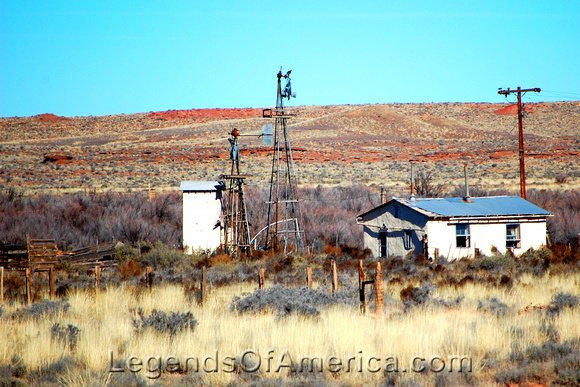
Being a modern-day Arizona homesteader means embracing a self-sufficient lifestyle while adapting to the unique challenges and opportunities presented by the region. While traditional homesteading involved claiming land and living off it entirely, modern homesteading typically refers to individuals or families who pursue a sustainable and self-reliant lifestyle on a smaller scale.
- Sustainable Living:
Modern Arizona homesteaders prioritize sustainable practices such as organic gardening, water conservation, renewable energy sources, and responsible waste management. They strive to minimize their environmental impact while maximizing the efficiency of their homestead operations.
- Growing Food:
One of the key aspects of homesteading is growing your own food. Modern Arizona homesteaders cultivate vegetable gardens, fruit orchards, and herb beds using sustainable agricultural practices. They may also incorporate permaculture principles, companion planting, and crop rotation to maximize yields and create a resilient food system.
- Livestock Rearing:
Raising livestock is an integral part of many homesteads. Modern Arizona homesteaders may keep chickens for eggs, goats or cows for milk, sheep for wool, or bees for honey and pollination. They prioritize the welfare of their animals, providing them with proper housing, nutrition, and healthcare.
- Off-Grid Living:
Many modern homesteaders in Arizona aspire to reduce their dependence on the conventional power grid. They invest in solar panels, wind turbines, or other renewable energy sources to generate electricity. Off-grid living allows them to reduce their carbon footprint and gain more control over their energy consumption.
- Water Management:
Water is a precious resource in Arizona, and modern homesteaders are mindful of its conservation. They employ techniques such as rainwater harvesting, graywater systems, and drip irrigation to make the most efficient use of water for their gardens, livestock, and household needs.
- DIY Skills:
Modern Arizona homesteaders develop a wide range of practical skills to maintain and improve their homestead. They may learn carpentry, plumbing, animal husbandry, food preservation, and other DIY skills to reduce reliance on external services and save costs.
- Community Engagement:
While self-sufficiency is a primary goal, modern homesteaders also recognize the value of community. They actively engage with like-minded individuals through local farmer’s markets, community-supported agriculture programs, and homesteading networks. Sharing knowledge, resources, and experiences helps foster a sense of belonging and support within the homesteading community.
- Continuous Learning:
Being a modern homesteader requires a commitment to lifelong learning. Arizona homesteaders stay informed about the latest sustainable practices, agricultural techniques, and livestock care. They seek out workshops, seminars, and educational resources to improve their skills and stay connected to the evolving homesteading community.
In summary, being a modern-day Arizona homesteader means embracing a sustainable, self-sufficient lifestyle while adapting to the unique environmental and climatic conditions of the region. It involves growing food, raising livestock, conserving resources, and fostering community connections, all while continuously learning and evolving in pursuit of a more resilient and fulfilling way of life.
